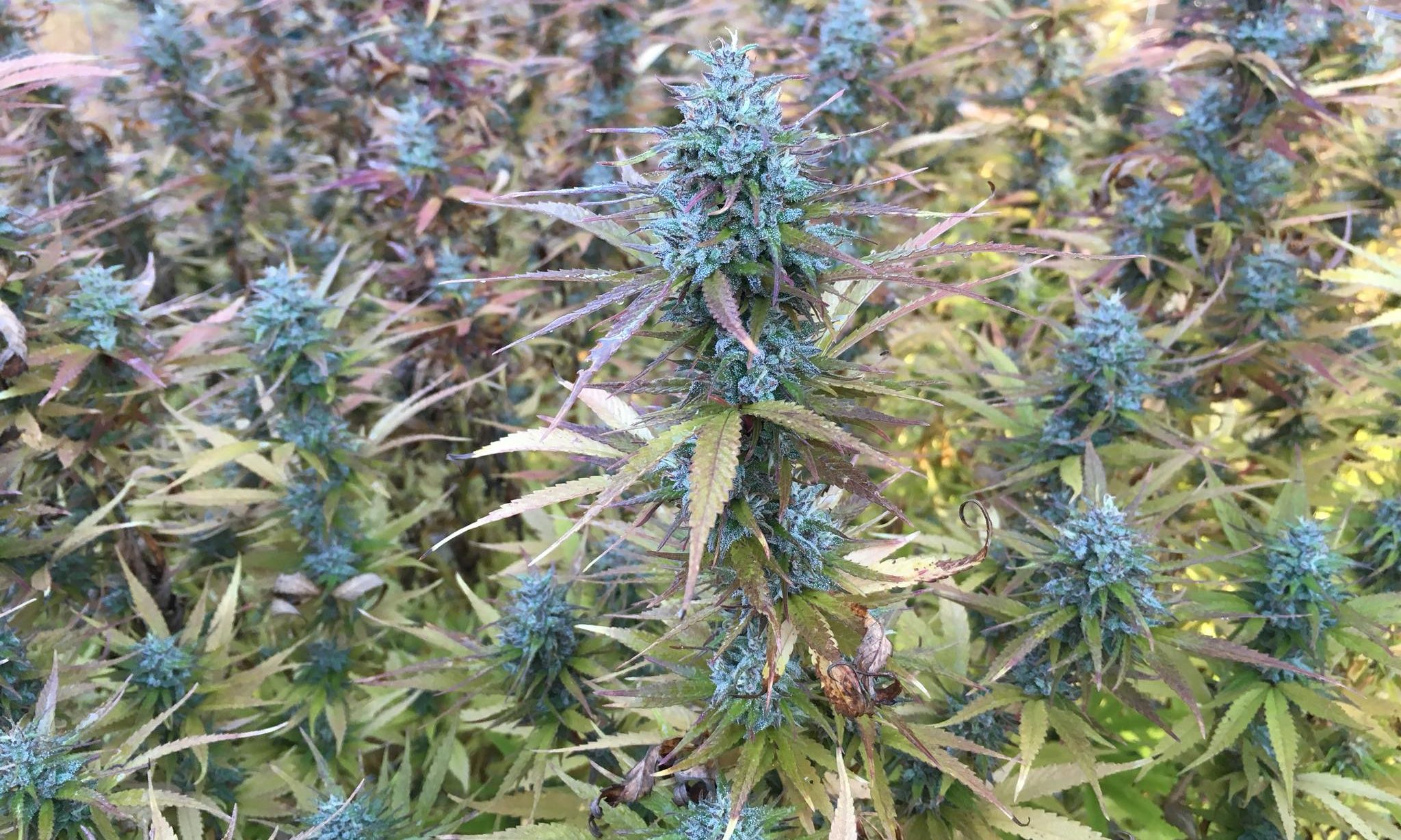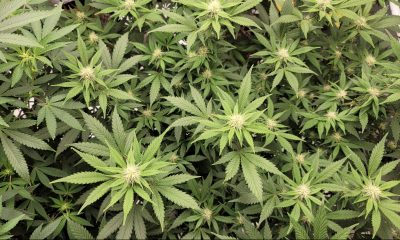Politics
New Hampshire Lawmakers Take New Approach To Marijuana Legalization For 2020

The New Hampshire legislature is set to once again take up the issue of marijuana legalization this session—but this time, there’s a new strategy that lawmakers hope will overcome challenges they’ve previously faced.
A bill filed last week would allow adults 21 and older to possess and gift up to three-fourths an ounce of cannabis, and they could grow up to six plants. Missing from the legislation is a commercial sales element, which was intentionally left out to bolster its chances of passage.
That means the proposal would essentially mirror the current marijuana model of neighboring Vermont, which became the first state to enact a legal cannabis system through the legislature in 2018. While there are no recreational marijuana shops in the state, adults are allowed to grow their own and possess it for personal use.
The new legislation in New Hampshire—which has eight sponsors, including three Republicans—has been referred to the House Criminal Justice and Public Safety Committee, where it’s scheduled to get a hearing on January 23.
“It’s a bipartisan bill, and we’re hoping to advance it through the House and through the Senate and to, at the very least, put an end to criminalizing the possession and cultivation of cannabis in New Hampshire,” Rep. Renny Cushing (D), a cosponsor of the legislation who has previously been the chief sponsor of broader legalization bills, told Marijuana Moment in a phone interview on Monday.
“We see this as an incremental step toward commercialization,” he said.
The text of the bill states that New Hampshire residents are in favor of reform, numerous states have enacted legal cannabis systems and allowing adults to “cultivate their own limited supply of cannabis will provide them with an alternative to buying cannabis from illicit drug dealers.”
It also outlines penalties for violating the measure. For example, adults who possess marijuana in excess of the allowable amount will face a misdemeanor charge.
Because the legislation would not provide for commercial cannabis sales, advocates are hopeful that it will win over the support of legislators who opposed past reform efforts due to issues with provisions such as the tax rate on retail marijuana products.
“Our opponents have dug in very deeply on the concept of portraying any regulated sale of cannabis as being commercialization, the next Big Tobacco, all of the [prohibitionist group Smart Approaches To Marijuana] talking points,” Matt Simon, New England political director at the Marijuana Policy Project, told Marijuana Moment. “We wanted to get back to the basics of what’s really resonated in New Hampshire—the criminal justice reform, civil liberties type of arguments that adults should not be punished for using cannabis or growing a small amount of cannabis.”
“From the perspective of the goal being end prohibition, regulate and tax, it’s just another increment along the way,” he said. “But we’re looking at it as a very important goal in and of itself to stop punishing adults in New Hampshire for behavior that’s legal in every neighboring jurisdiction.”
It remains to be seen whether Gov. Chris Sununu (R), who signed a modest decriminalization measure into law in 2017 but said he’d veto commercial legalization proposals, will be more amenable to the scaled-down approach.
Cushing said legislators “don’t know how the governor will respond” at this stage.
“In the past, he’s been opposed to it. But I think what we’re seeing is an evolution on the part of many people of their thinking when it comes to cannabis policy,” he said. “If the bill gets to his desk, we hope the governor would sign it—or perhaps the governor would just let the bill become law without his signature. But that’s still a few months to go.”
Simon pointed to Sununu’s veto of a medical cannabis homegrow bill last year as a “pretty clear indication that he may veto this bill as well.” However, advocates are “going to try to put it on his desk and make him have to make that decision.”
“The goal is to continue building consensus in the legislature, trying to get to the point where we would have an opportunity to win this year, but we recognize that the odds are against winning this,” he said. “But it’s an election year so we’re going to try to pull off an upset.”
“I think the most important thing is that New Hampshire should not be an island of prohibition,” he added. “We’re literally surrounded by jurisdictions where it’s legal for adults to possess cannabis and there’s no justification whatsoever for the Live Free or Die State to be maintaining prohibition.”
A full tax-and-regulate marijuana legalization bill did pass the House of Representatives last year. But after receiving a hearing in the Senate Judiciary Committee, it ultimately stalled and died. That was one of several marijuana legalization measures that have advanced in the legislature in recent sessions without having enough bicameral support to cross the finish line.
In Vermont, where the noncommercial legalization law has been in effect since July 2018, legislative leaders are working to add a system of regulated and tax sales and production in the 2020 session.
Florida Marijuana Legalization Campaign Shifts Focus To 2022 Instead Of This Year
Photo courtesy of Nicholas C. Morton.
















